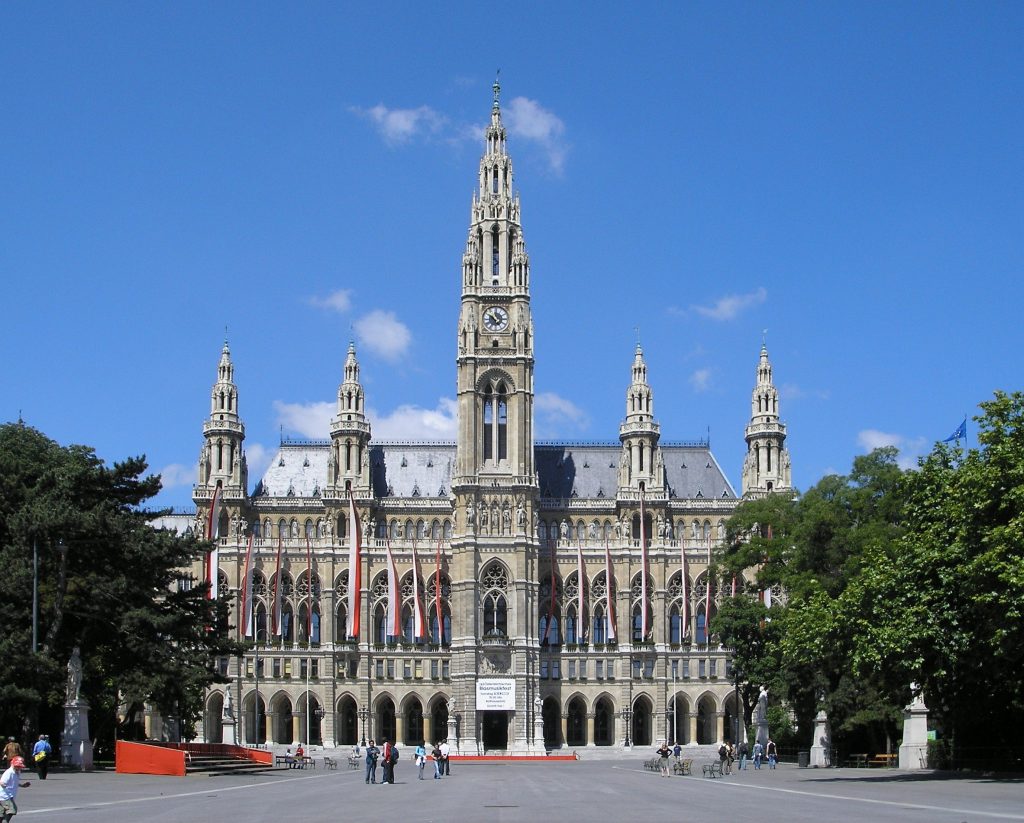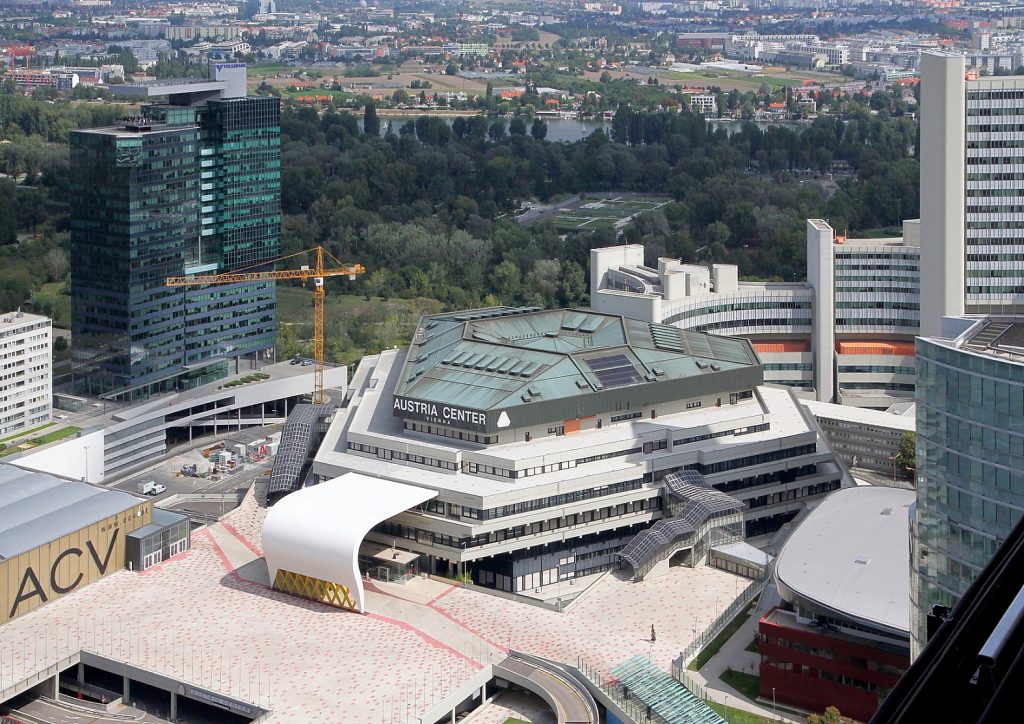Austrian companies operating in the Serbian market are announcing new investments. It is expected that Austrian family-owned companies, which are traditionally careful when making business-related moves, will start relocating to Serbia. A lack of engineers and qualified workers is a concern.

Austria is one of the largest investors in the Serbian economy. Currently, there are over 900 business entities in Serbia whose majority owners are Austrian nationals, that is, legal entities registered in Austria that employ over 20,000 workers which made total investments in excess of $ 2 billion. Austrian medium-sized, so-called family-owned, firms that have been relocating their production units in search of more competitive prices and more qualified workforce, have also been showing a growing interest in investing in Serbia.
A business trust survey, which is regularly conducted by the Austrian Embassy and which results were officially presented earlier this year, shows that 41% of the surveyed Austrian companies said that they felt that the economic situation in Serbia had changed for the better in 2019, while 46% said that the business opportunities remained unchanged. At the same time, 49% of respondents believe that business opportunities will remain unchanged in 2020, while 37% expect better opportunities. Such somewhat restrained projections are, among other things, a reflection of the marked deterioration in Europe due to the Brexit crisis and the economic situation in Germany. However, in 2020, more than half of businesspeople from Austrian companies in Serbia said they expected an increase in total turnover, number of purchase orders and capacity utilization, and the same percentage expects capital costs and staffing to remain at the same level as last year.
Austrian companies believe that it is necessary to increase legal safety, step up the fight against corruption and reduce red tape to improve the business climate. Also, Austrian businesspeople advocate improving the transport infrastructure, increasing awareness about quality and boosting the population’s purchasing power.
Austrian companies say that a shortage of labour, both engineers and skilled workers, is one of the biggest problems. However, 89% of them still think they would invest in Serbia again, and 40% expect to increase their investments in Serbia this year. For example, the Austrian company Thermowool, which has its plant in Sremska Mitrovica, will build another factory in the town of Šid in 2020.

In the last three years, Serbia has made its way into the group of 30 countries that Austria has been trading with the most. According to the data covering the first three quarters of last year, Serbia, with the external trade value of EUR 1.1 billion, is Austria’s largest trading partner in the region. In the first 10 months of last year, Austrian exports to Serbia increased by 16%, while exports from Serbia to Austria increased by 30%. This exceeded the record set in 2018 when the total external trade amounted to just over one billion euro, an increase of 5.44% compared to 2017. Serbia’s exports increased by as much as 9.85%. Austria accounts for 2.7% of total exports among the countries to which Serbia exports. The export to import ratio in 2018 was 72.3%. According to the data collated by the Ministry of Finance of the Republic of Serbia (i.e. the Customs Administration), 4,274 companies are doing business with Austria. 904 active business entities in Serbia are majority-owned by Austrian nationals or legal entities registered in Austria.
The two countries have been mostly trading in the products from the metal-processing sectors like vehicles and construction equipment with the growing trade in hi-tech services too. Increasingly, our companies have been producing software for Austrian companies, as well as maintaining their information systems, not only in Austria, but also in the subsidiaries in other EU countries. As for other areas of interest and products that could be marketed in Austria, the food processing and machine-building industries also have great potential. Additionally, Serbian construction companies are very interested in the Austrian market, but the issue of obtaining work permits faster remains an obstacle.